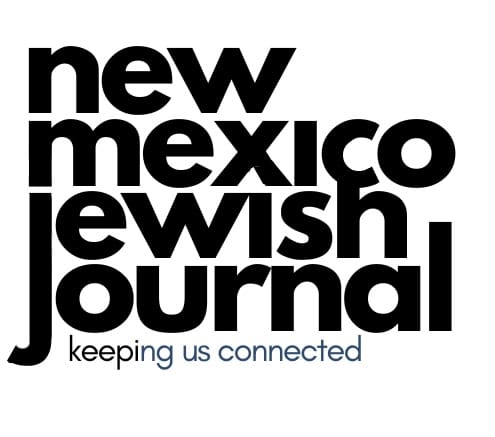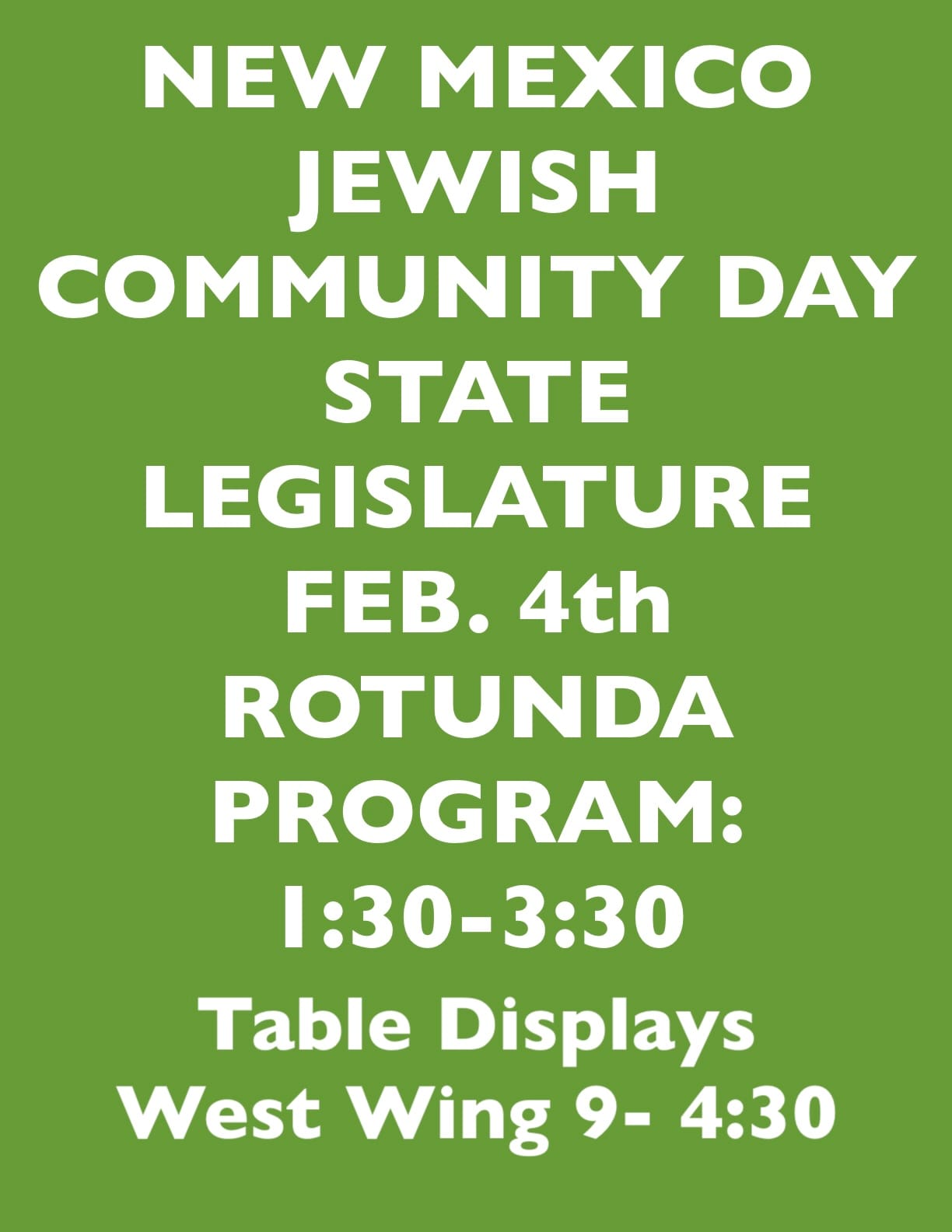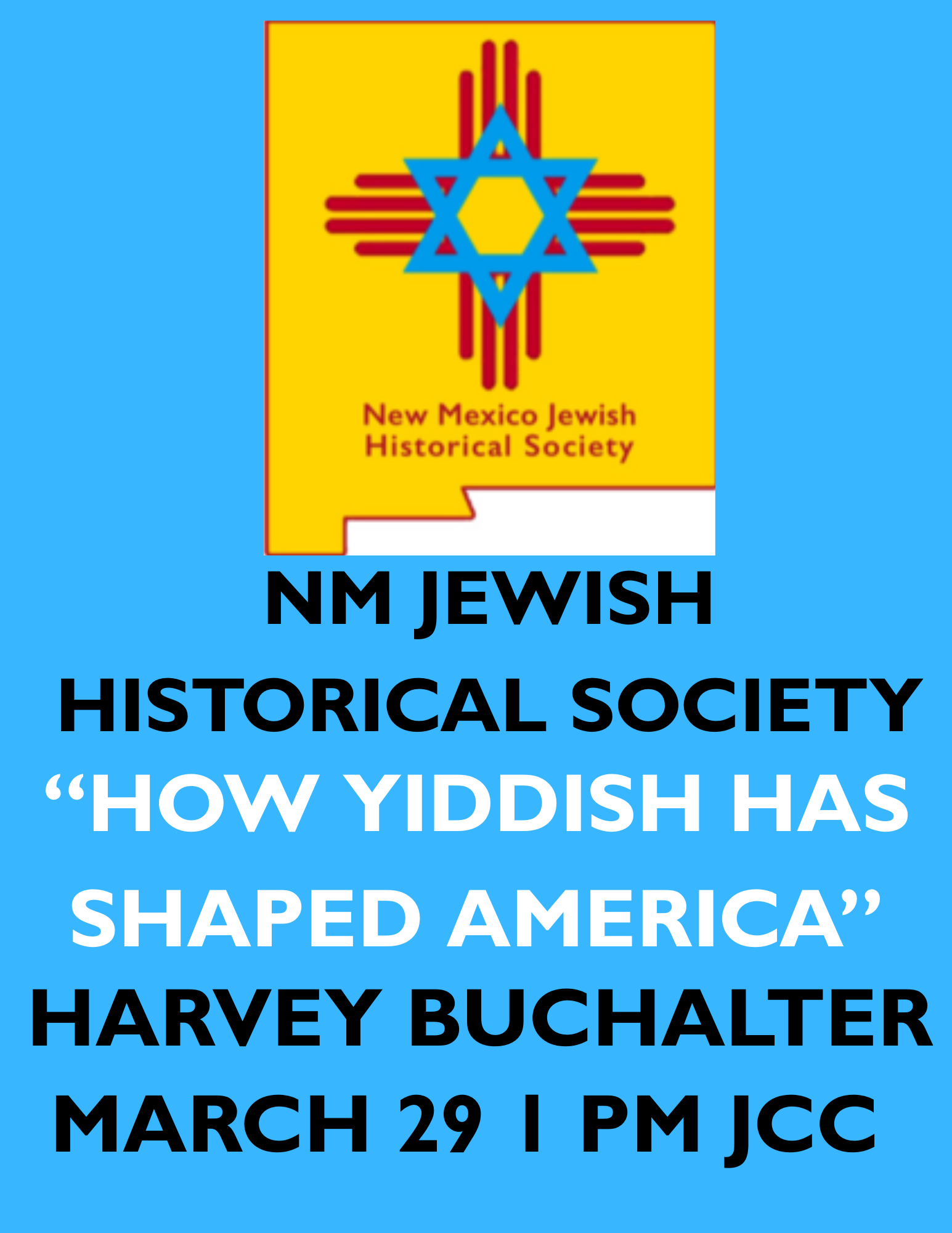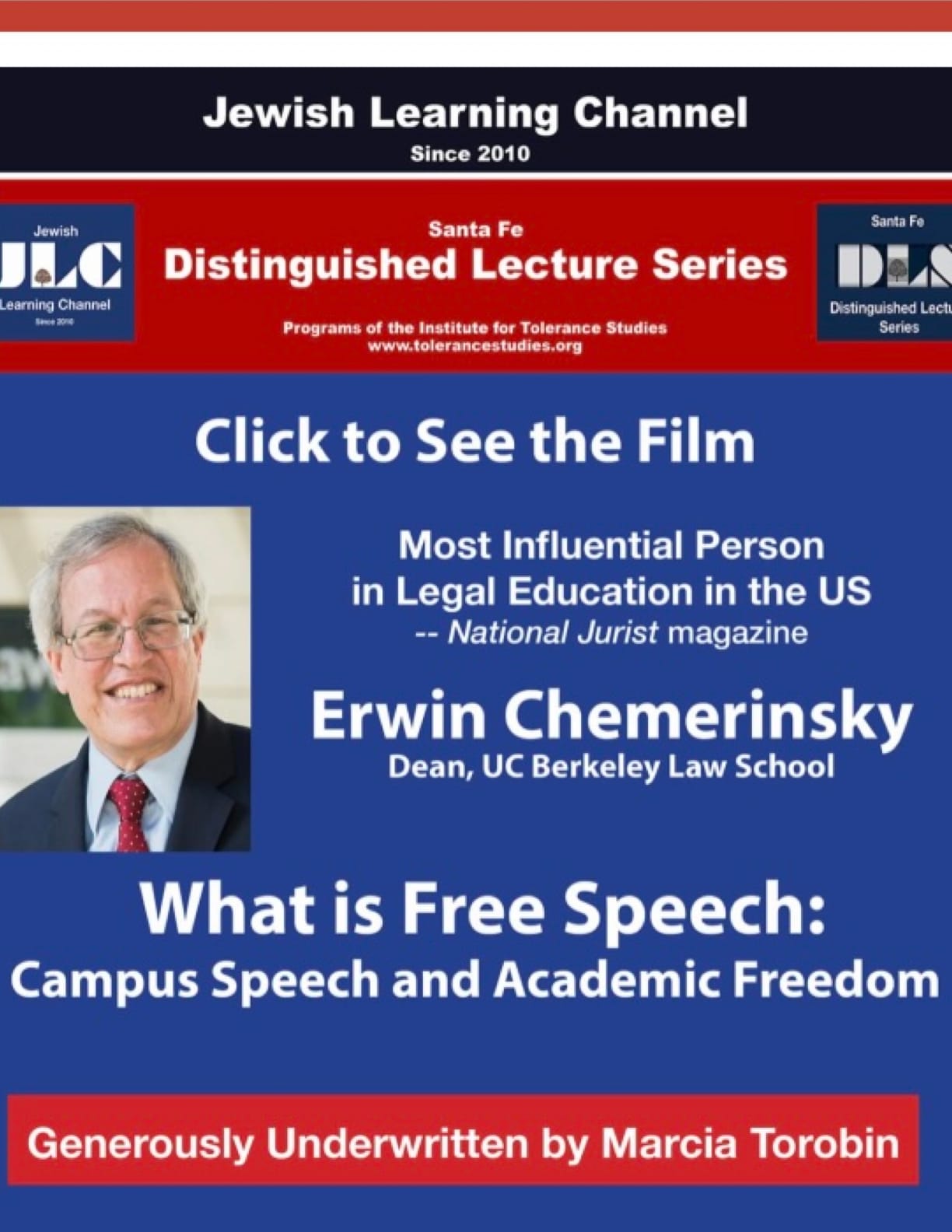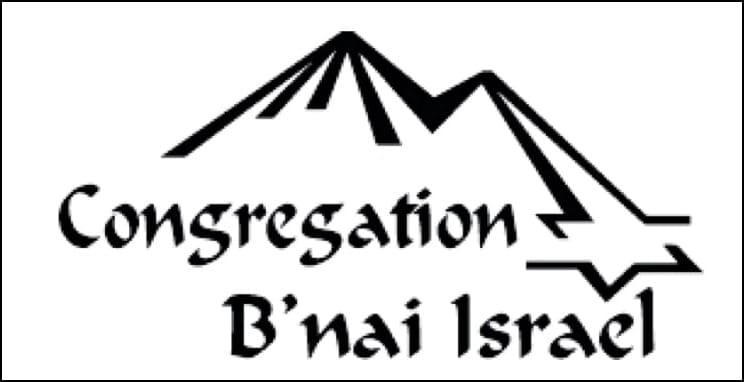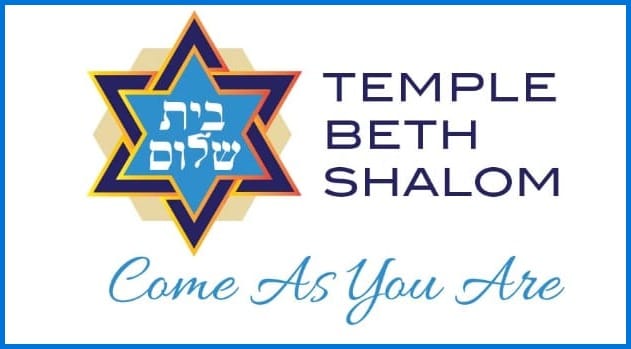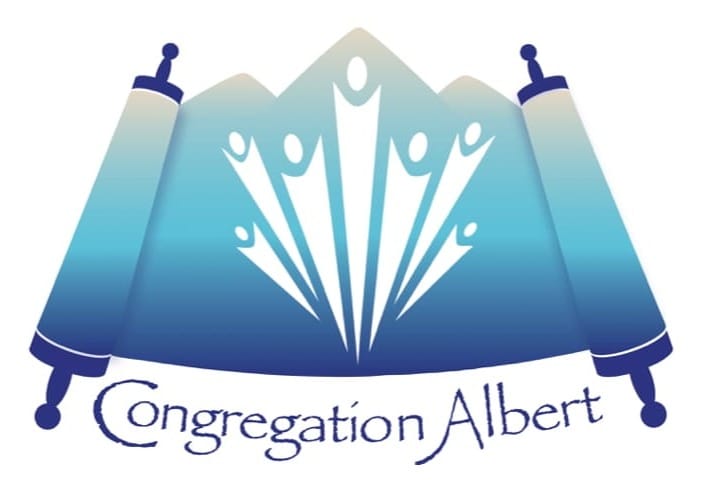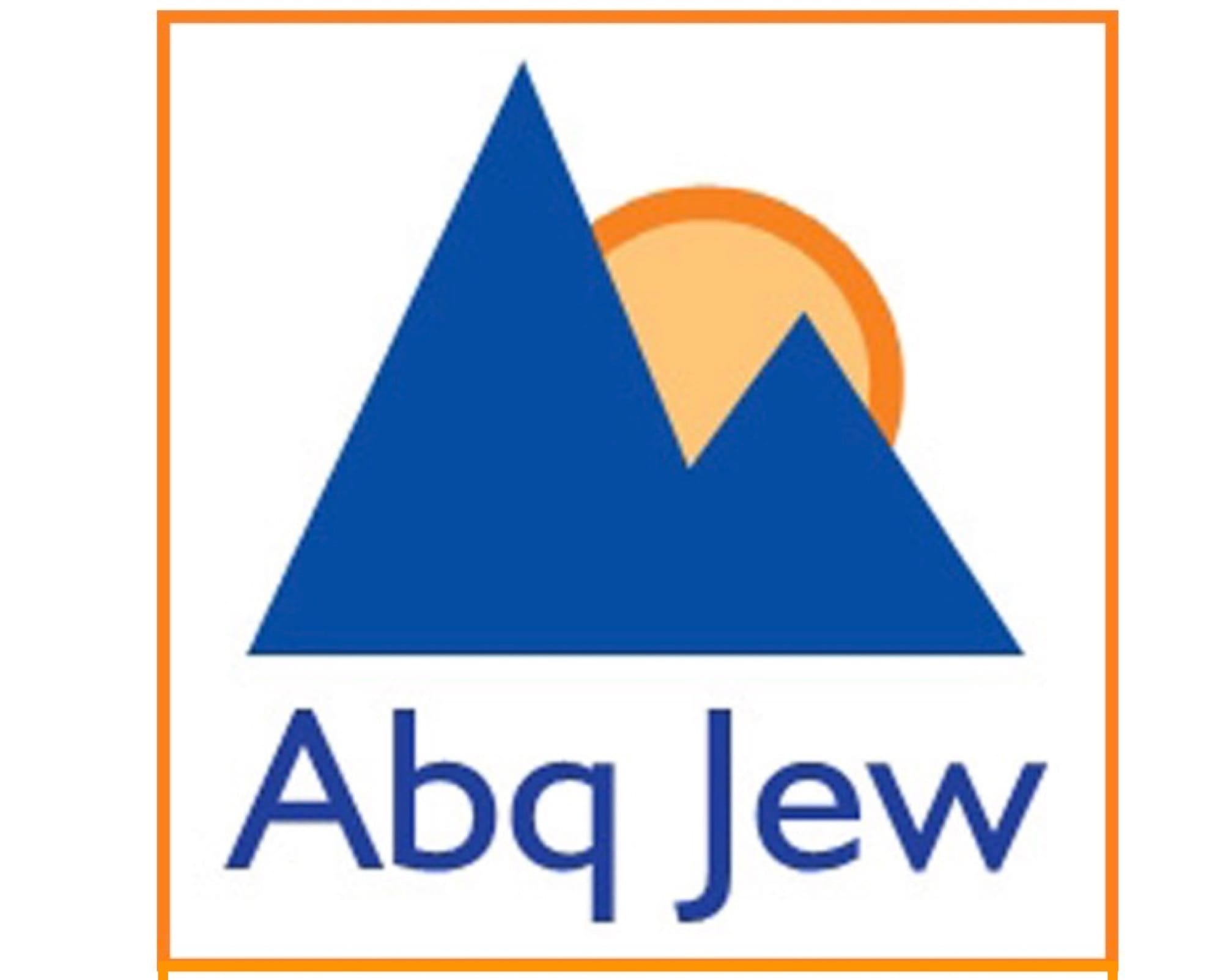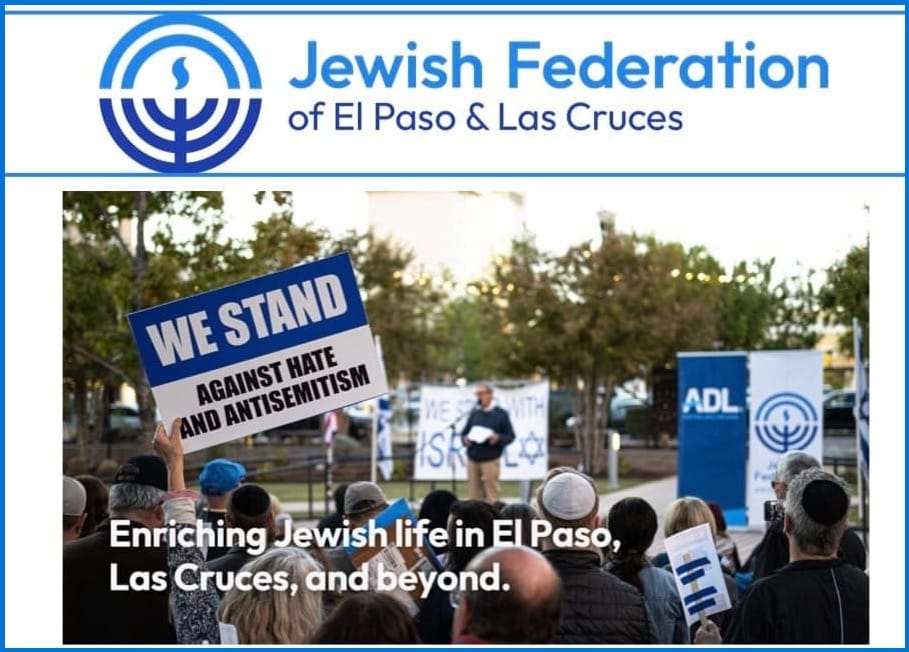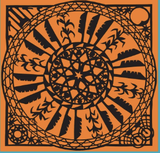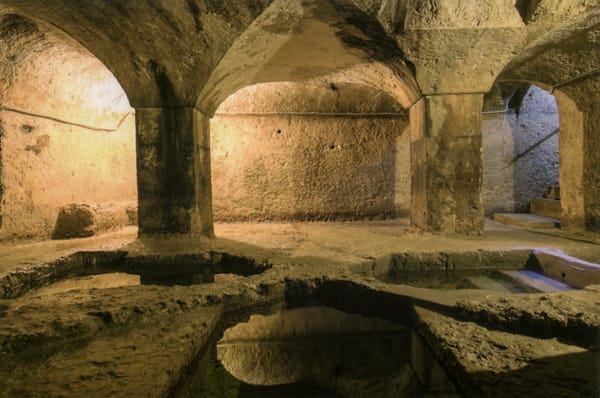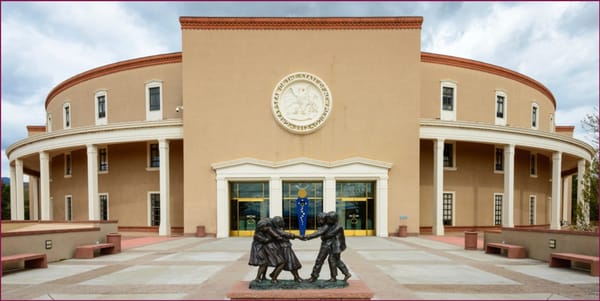Ken Elsas Mayers and his American Jewish Story
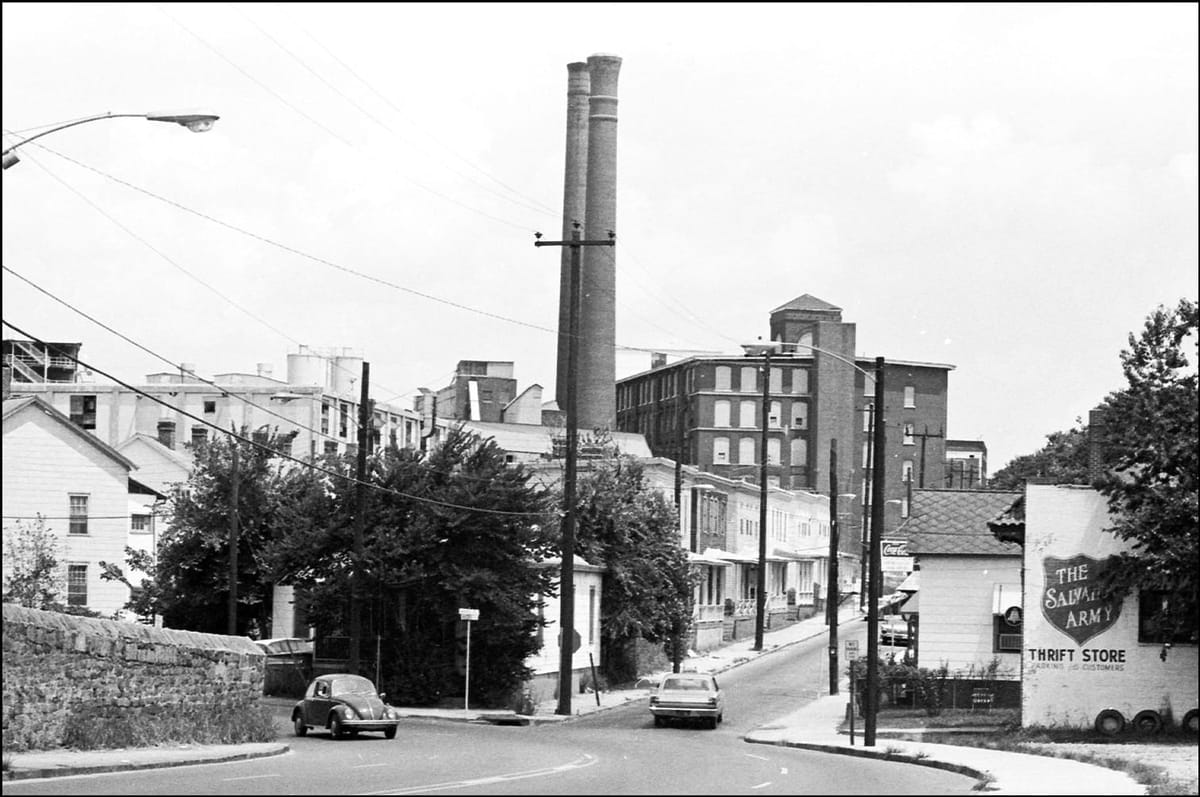
Ron Duncan Hart
Have you wondered about the stories of your family that you wish you had asked when your parents were still alive? A year and a half ago, I met Ken Elsas Mayers who did know his family history, and it is about an exceptional American Jewish family. Ken was a prominent anti-war and anti-nuclear activist in Santa Fe, and he was recipient of the Santa Fe New Mexican’s 10 Who Made a Difference award in 2013, and the next year he was named a Santa Fe Living Treasure. Ken was a graduate of Princeton and a former U.S. Marine Major. He became concerned with American foreign policy after the Bay of Tonkin resolution which he believed was based on false information. Becoming disillusioned with the lack of government transparency in Vietnam, he resigned his commission as a Marine officer in 1966 and became an anti-war activist. He returned to graduate school at UC Berkeley to earn a Ph.D. in political science and later taught for many years at Bennington College before moving to New Mexico more than 25 years ago.
Ken and I met in an Interfaith Dialogue group trying to find common ground in understanding the war in Gaza. When I published the book, Evangelicals and MAGA, in 2024, Ken saw that it was about the Fulton Cotton Mill in Atlanta, and it included the history of his family, the Elsas, who founded the Mill. Seeing that I knew about them, he came to me excitedly to talk about the Elsas. I knew the recorded history, and he could tell me his personal experiences. Over the following weeks we found common ground in sharing information about the stories of his family and their role in the American South from the Civil War to the present.
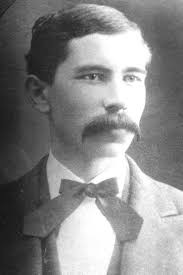
Ken was the great-grandson of Jacob Elsas, a businessman in Atlanta who had created the Fulton Cotton Mill in that city after the Civil War and became a leading businessmen in the American South in the late 1800s and 1900s. He changed history and helped transform the economy of the region after the Civil War with his development of steam-based manufacturing in the textile industry. Elsas was a German Jewish immigrant who arrived in Atlanta in 1868, three years after the end of the Civil War. Over the next century, he and his family would build the largest business in Atlanta and a textile empire that spread across the United States.
Jacob Elsas was born in Württemberg, Germany in 1843. His parents died when he was small, and he was raised by relatives who worked in textile weaving and dyeing. At eighteen years old he used his savings for the transatlantic voyage to New York, arriving in 1861. He had to borrow money for the train ticket to Cincinnati where he was coming to work with an uncle in a paper and rag business. The Civil War broke out only months later, and by 1863 he was in the Union Army. In 1864 he was in General William Sherman’s Union Army as it set siege to Atlanta. Elsas was stationed in Cartersville, Georgia guarding the supply routes for the army. When his enlistment ended, he started a business in Cartersville before leaving for the larger Atlanta in 1868 where he set up a surplus rag, paper, and hide business. Then with other associates he opened a dry goods store, selling Fairmont jeans and other goods. Elsas was a young man, twenty-five years old with the entrepreneurial skills needed in Atlanta as it was being rebuilt. Jacob had met Clara Stahl, a young German Jewish immigrant living in New York, and they were married in 1870, two years after he arrived in Atlanta.
Jacob soon realized that there was a shortage of industrially produced bags for agricultural products, and he knew how to make them. He shifted from retail to manufacturing after meeting Isaac May, another young aspiring entrepreneur, and in 1872 they set up Elsas, May and Company to make paper and cotton bags in the old Atlanta slave market building at the corner of Pryor and Decatur Streets. They set up a bleaching shop, bag mill, and a print shop and soon employed 160 workers.
They were successful, and four years later he and May were ready to expand into a larger factory operation. With financial backing from Lewis Seasongood, a Cincinnati banker, they purchased the Civil War ruins of an old factory next to the Georgia Railroad line just east of Atlanta. By 1881 they had built a steam operated mill on the site, setting up the Fulton Cotton Spinning Company to make cotton bags for flour and feed grains. Isaac May died not long afterwards, and Jacob Elsas assumed full control of the Mill and renamed it the Fulton Bag and Cotton Mill.
The Fulton Mill continued to grow and became the largest industrial employer in Atlanta. By 1900 it employed 1,000 workers, and when Elsas retired in 1914, it employed 1,300 people, and at its peak it would employ more than 2,000 people. In the 1890s Jacob Elsas purchased bag plants in New Orleans and St. Louis, and in the early 1900s he established mills in New York and Dallas and became a major supplier of textile products to the U.S. Army.
Jacob Elsas was an active member of the German Jewish community in Atlanta. Early in the 1860s they had formed the Hebrew Benevolent Society and later set aside a Jewish area in the Oakland Cemetery. The Temple was the first synagogue, organized in 1867. The Jewish community was primarily involved in business, and by 1880 some 60 percent of adult Jewish men were business owners or managers. In the 1860s and 1870s Jews were active in politics being elected to the state legislature and one serving briefly as Atlanta’s mayor pro temp.
Between 1871 and 1883 Jacob and Clara had eight children, six boys and two girls, Oscar (1871), Benjamin (1873), Nettie (1874), Adolph (1876), Joan (1877), Louis (1879), Eugene (1883), and Victor (1883). Their children studied in private schools in the Northeast such as the Boston Latin School and Andover Academy before attending Ivy League colleges.
Jacob was a progressive leader in the late 1800s, providing housing for his workers, hiring Black workers, and donating to build Grady Hospital, a public institution that gave health care to the poor. He also supported the founding of the Georgia Institute of Technology. Although Jacob and Clara were among the wealthiest people in Atlanta and leaders in business and philanthropic activities, they were not accepted into the society of the elite families of the city, nor allowed as members in the private clubs, such as the Capital City Club, Atlanta Athletic Club, or the Standard Club because they were Jewish.
The elite families lived in fashionable areas along Peachtree Street, but the Atlanta Jews could not live there. They lived in an area south of downtown along Washington Street that came to be known as “Seligville”. Jacob and Clara lived in that area along with their sons and daughters before building the family mansion on Ponce de Leon Avenue in northeastern Atlanta. The entire Elsas family was involved in some aspect of administering the Fulton Cotton Mill, as it expanded beyond Atlanta to other cities across the United States. Ken Mayer’s grandfather, Louis Elsas was put in charge of the New York office and moved there with his family in the early 1900s. After Louis’ death, that branch of the family stayed in New York, and Ken grew up there.
After thirty-five years of marriage Clara died in 1905 at the age of fifty-eight. Jacob was sixty-one at the time. He eventually retired in January 1914 at the age of seventy after guiding the growth of the mill for thirty-four years. In the last year before he retired, he had experienced growing antisemitism in Atlanta that would erupt in the tragedy of Leo Frank, whom he would have known as a fellow member of The Temple. Jacob lived to be 87, dying in 1931. His sons Oscar and Benjamin, and grandsons Norman, William, and Clarence would be president of the Fulton Mills one after another for almost a century. Fulton Cotton Mill was sold to the Allied Products Corporation in 1968 and eventually closed operations in 1978. The old mill complex was later re-configured as the Fulton Cotton Mill Lofts with condos forged out the unique industrial architecture of the 1800s.
Jacob Elsas had built Fulton Mill to be one of the largest industrial firms in Atlanta and one of the largest in the American South, realizing the American Dream of starting as a modest immigrant worker and building an industrial empire. Ken Elsas Mayer was proud of his family, and he was preparing a written history and genealogy to give to me when he passed away recently. Like his great grandfather, Jacob Elsas, who was known for his sense of social justice and charity, Ken was a man of integrity who wanted to see justice and a world without the violence of war.
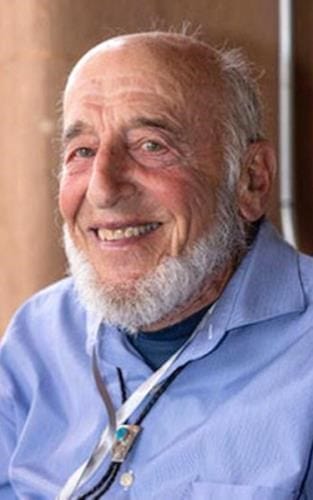
The Elsas family is a remarkable American Jewish story of great grandparents who passed on a rich heritage of Jewish identity, business success, and social values to their children and grandchildren. That heritage continues today into the fourth generation of the Elsas family with Jacob Elsas, the great great grandson, who lives in the Fulton Cotton Mill Lofts, the building his great great grandfather built. Like his older cousin Ken Elsas Mayer in Santa Fe, the modern-day Jacob continues the family ideology of dedication to community service in Atlanta. Quoting his father, Jacob has said that to be successful in one’s own life, one must pursue endeavors intended to improve the lives of others. The old immigrant Jacob Elsas would have been proud that his namesake would be saying that 150 years later.
Read author Ron Duncan Hart and his nationally award-winning series on Christian Nationalism and the Jews in the New Mexico Jewish Journal.
Ron Duncan Hart is Founder and Director of the Institute for Tolerance Studies in Santa Fe.
Community Supporters of the NM Jewish Journal include:
Jewish Community Foundation of New Mexico
Congregation Albert
Jewish Community Center of Greater Albuquerque
The Institute for Tolerance Studies
Jewish Federation of El Paso and Las Cruces
Temple Beth Shalom
Congregation B'nai Israel
Shabbat with Friends: Recapturing Together the Joy of Shabbat
New Mexico Jewish Historical Society
Where the North Ends, A Novel by Hugo Moreno
Policy Statement Acceptance of advertisements does not constitute an endorsement of the advertisers’ products, services or opinions. Likewise, while an advertiser or community supporter's ad may indicate their support for the publication's mission, that does not constitute their endorsement of the publication's content.
Copyright © 2025 New Mexico Jewish Journal LLC. All rights reserved.
